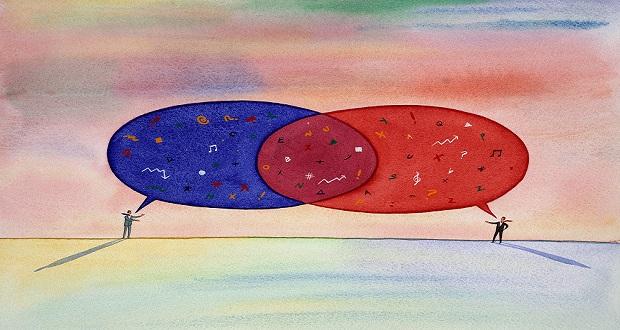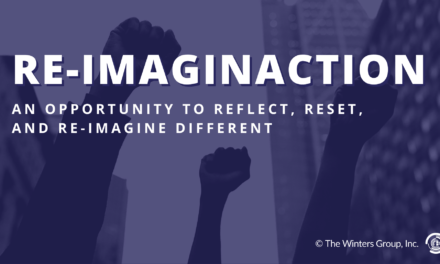
Last week, I wrote about an awakened appreciation of my freedom to have critical conversations about U.S. politics after my return from Cuba. I expressed how thankful I am especially during these precarious times in the Trump era when so many great divides across race, class and religion, have been revealed by this election. While so much is still perplexing and foggy, one thing is clear: there are multiple Americas; and they don’t understand each other. This misunderstanding and mutual blindness to the other—from all sides—has created a wave of writers contributing to how we can begin to have critical, and difficult, conversations across the various races, classes, and cultures that divide us.
This has led to a barrage of pieces decrying “identity politics” and progressives’ emphasis on diversity as the culprit for so much misunderstanding of Trump supporters. So naturally, many others have called for more understanding and empathy from liberal, “coastal elites” to try to understand and have dialogue with rural and rust-belt whites who overwhelmingly voted Trump. Just this morning, Time magazine ran a piece highlighting the “forgotten people” who voted for Trump because they felt neglected by HRC’s campaign. Time used one white voter’s quote as their headline which is telling of this sentiment:
“Politicians don’t appeal to us. Clinton would go out of her way to appeal to minorities, immigrants, but she didn’t really for everyday Americans.”
Notice the assumption that minorities and immigrants aren’t “everyday Americans.” This seeming neglect of Trump voters and neglected whites by liberals and progressives of all stripes has led to interesting exchanges from communications scholars like this one on Twitter last week. In the thread, you see psychologists drawing on research that shows that inciting language like calling someone a “racist”—regardless of context or reason—is an inherently ineffective strategy for any kind of mutual understanding or progress in that conversation because all is lost at the first sign of a personal attack—the listener shuts down. You will also see sociologists, like Dr. Cottom, adding into this complexity the reality of one’s social position in dialogue with diverse others. That our critical conversations do not happen in a vacuum—there may be a social obstacle between the position of a woman of color and a white male Trump supporter in a critical conversation that may inhibit any mutual understanding that may not otherwise exist between two white males.
In a recent Atlantic article, Vann R. Newkirk, argues similarly that there may be other reasons—beyond civility and mutual understanding—for provocative language like “racist” that would serve to both evoke strong value differences and as a survival strategy for People of Color who are victimized or feel marginalized in conversation.
I realize I have offered many more questions and complexities to the very real question of how, when, and with whom to have critical conversations across differences, but this is mostly because these are still fresh and complicated issues I’m still thinking through myself. But I hope I’m asking better questions now about critical conversations. Critical conversations should take into account:
- Context: Where is the conversation happening, and with whom? Is it a professional setting or a family gathering? Amongst longtime friends or a stranger? Are there important power differences across position, class, race, gender, etc. between those in conversation?
- Purpose: Is there an agreed upon goal for the critical conversation—is it mutual understanding, commonality to reach to a goal, or to reduce conflict, etc.?
- Strategy: Are there other aims beyond mutual understanding that may be important? Setting an example to on-lookers? Protecting one’s self—psychologically, professionally, physically? Being bold and courageous?
These are just some of the factors in critical conversations I’m considering. If you have other strategies and considerations that you’ve found useful we’d love to hear from you in the comments section. This is hard work that will require new amounts of creativity and collective effort to enhance our critical conversations across difference.


















